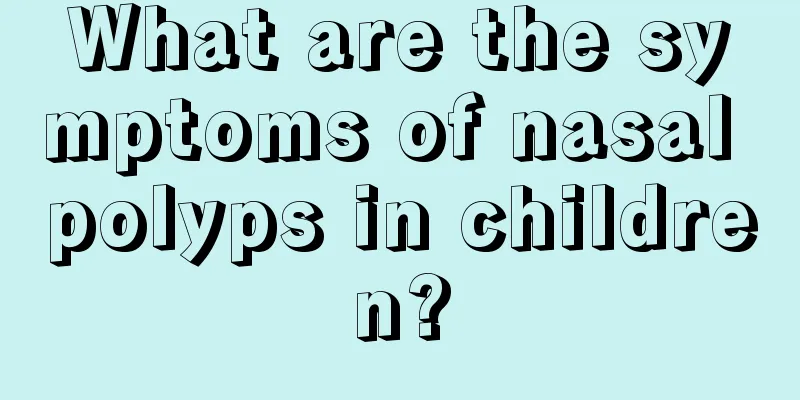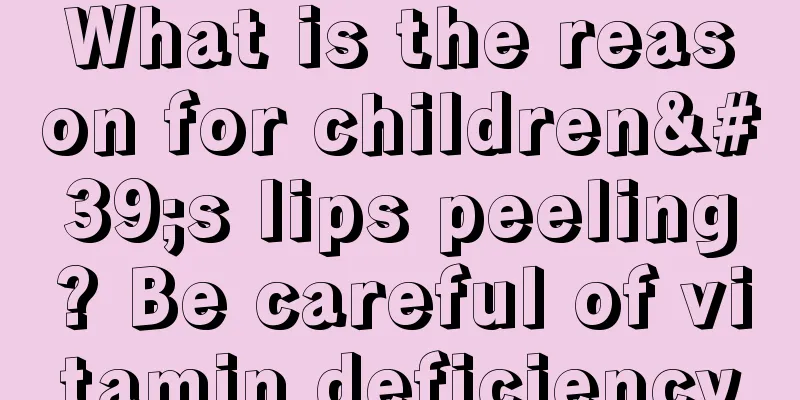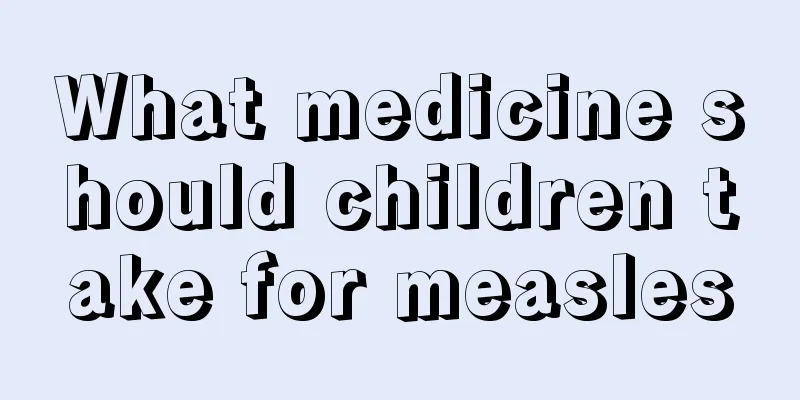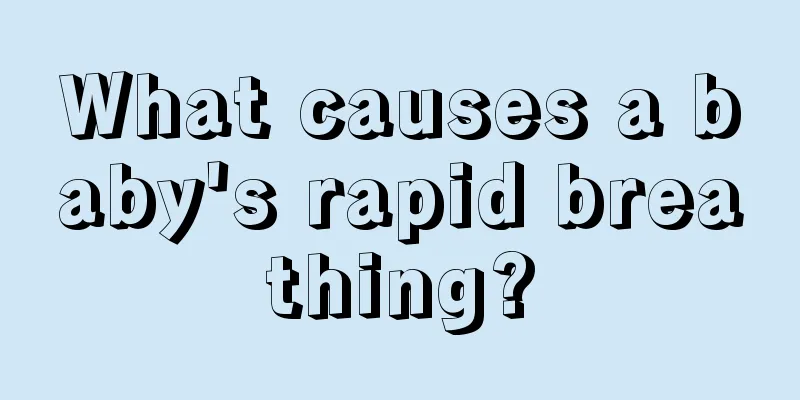What are the symptoms of nasal polyps in children?

|
Nasal polyps are actually not very common in children, but they are more common in adults. If a child develops nasal polyps, the nose will be severely blocked, seriously affecting the child's nasal breathing function, and may even cause abnormal facial development, giving the child a special facial appearance. If children have nasal polyps, they should be actively treated, otherwise it will have a great impact on the child's physical development, and it will also be easy for the brain to be deprived of oxygen due to breathing difficulties, which will eventually affect the child's intellectual development. Children with nasal polyps are prone to persistent nasal congestion, decreased sense of smell, blockage nasal sound, snoring during sleep and mouth breathing. There may be runny nose, headache, tinnitus, stuffy ears and hearing loss. Mucous polyps are quite similar to peeled grapes or fresh lychee flesh, with a smooth, translucent, pink surface, and thin strips mostly coming from the middle nasal meatus, which are soft and movable to the touch. Hemorrhagic polyps are relatively rare in children. They have a smooth surface, are congested, are soft to the touch and bleed easily. Fibrous polyps are grayish white, smooth in surface, firm to the touch and less likely to bleed. Multiple polyps often come from the ethmoid sinus, and single polyps often grow from the maxillary sinus and fall into the posterior nostril, which is called choanal polyp. If nasal polyps increase in number and become larger and are not treated for a long time, the nasal bridge may widen and form a "frog nose". Most patients have a long history of nasal disease when they visit the doctor. At first, you may feel like there is mucus in your nose that you can't blow out, which is caused by polyps blocking the upper part of your nasal cavity. At night, there may be obvious nasal congestion, resulting in mouth breathing, which may lead to chronic pharyngitis over time. Some children with nasal polyposis will have a significant increase in nasal secretions, and will sneeze from time to time due to the irritation of the secretions. In addition, children with nasal polyps are prone to headaches and dizziness. In addition, after the onset of nasal polyps, other infections may occur, which may eventually lead to rhinitis and even pharyngitis. If the nasal polyps are large, they can also press on the eye sockets and affect the child's vision. |
<<: Why do children grind their teeth during the day?
>>: How to treat newborn baby's breathing problems
Recommend
How to treat baby's cough and sore throat
Coughing is a common problem for most babies. The...
Why are children's gums white?
Children's gums sometimes turn white, and man...
What should I do if my child has blisters on his hands and it itches?
Children's skin is very delicate and can be e...
What should I do if my child has a fever of 38.5 degrees?
Nowadays, most families have only one child, and ...
The child has secretions from the lower body
Because modern people's living material stand...
What should I do if my eight-month-old baby has heatstroke?
If the weather is hot, staying outside for a long...
What are the dangers of taking Xiaoer Qizhen Dan?
Xiaoer Qizhen Dan is actually a common Chinese pa...
Can young children do moxibustion?
In our lives, most people have heard of moxibusti...
Can I bathe my baby if he has a runny nose?
Young babies have weak constitutions and are ofte...
What causes red and swollen eyelids in children?
Children touch the hearts of their parents, and a...
Is it easy for babies to digest steamed bread?
Some parents will consider the baby's digesti...
Does your child have blood on his butt after defecation?
Generally speaking, when children have blood in t...
What to do if children have a cold, stuffy nose or runny nose
When children have a cold, many parents will be p...
How to treat allergic conjunctivitis effectively
Allergic conjunctivitis is a relatively common ey...
9-year-old girl's breast development
We all know that the fruits we eat nowadays are g...









